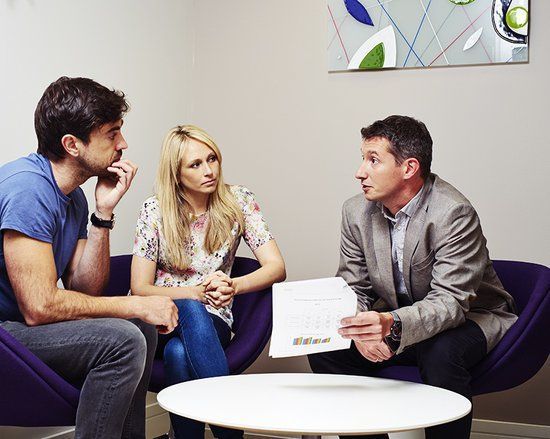Trying for a baby but had no success? You may have a low sperm count. Low sperm count is one of the main causes of male infertility, but if you’ve been told your sperm count is low it doesn’t mean you can’t have a baby.
There are various treatment options available to you, which include a treatment called Intracytoplasmic Sperm Injection (ICSI). This is where a single, healthy sperm is selected from your semen sample by our team of embryologists in our laboratory at our clinic here in Cheadle.
We analyse your sample under a microscope to select only those sperm which our experts judge the most viable for fertilising the egg. Properties we look for in an ideal sperm include good motility and morphology, otherwise known as a normal shaped sperm.
The best selected single sperm is then injected directly into the retrieved egg to fertilise it, it is monitored for signs of good fertilisation and then transferred back into the uterus to grow as in a natural pregnancy.
If your sperm count is very low, another option could be Surgical Sperm Retrieval (SSR). Based upon your diagnosis, there are many different techniques of SSR, but it typically involves extracting usable sperm from within the testicles themselves. In all cases, any retrieved sperm in analysed and used in an ICSI procedure.
But is ICSI or SSR always necessary if you have a low sperm count? Is there anything that can be done to improve your sperm count naturally? Whilst there is no ‘instant cure’ to a low sperm count, you can help to improve the health of the sperm you do have through a healthy diet and lifestyle. Avoiding smoking and cutting alcohol has been proven to benefit sperm health.
If you do have a low sperm count, remember that it only takes one sperm to create a baby and our team has great success in helping many men who suffer a low sperm count to become fathers.
If you have any questions about your treatment options or how we can help, our Patient Advisors will be more than happy to answer your queries. Please call us on 0161 300 2737 or email [email protected]
Last updated: 20th January 2020





